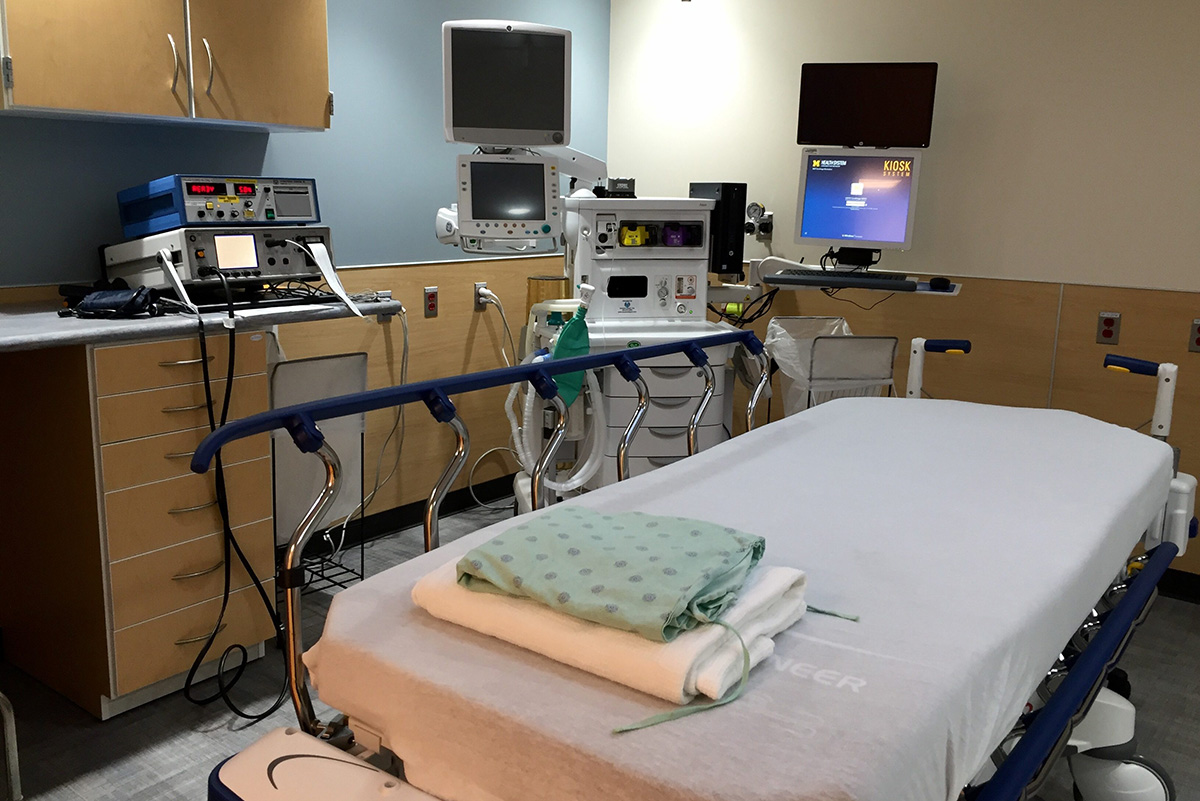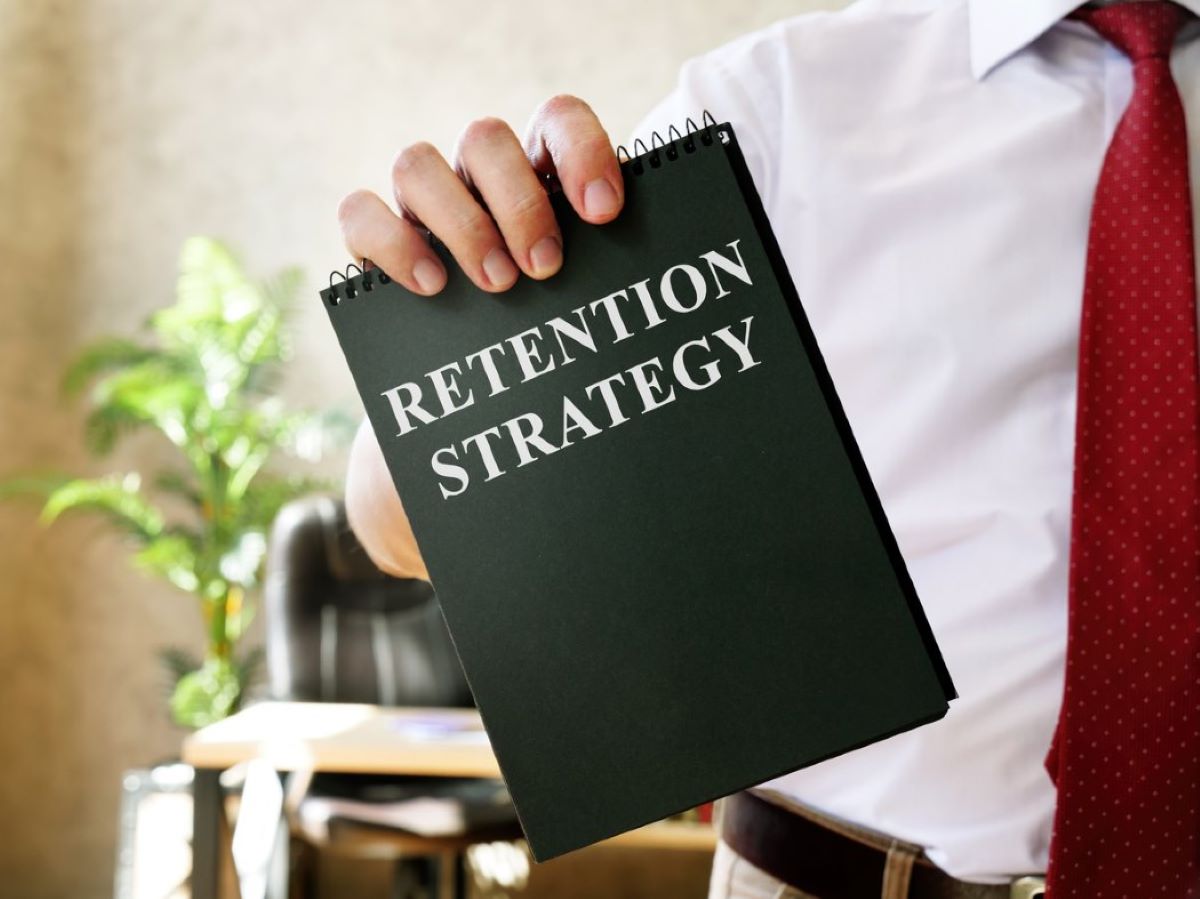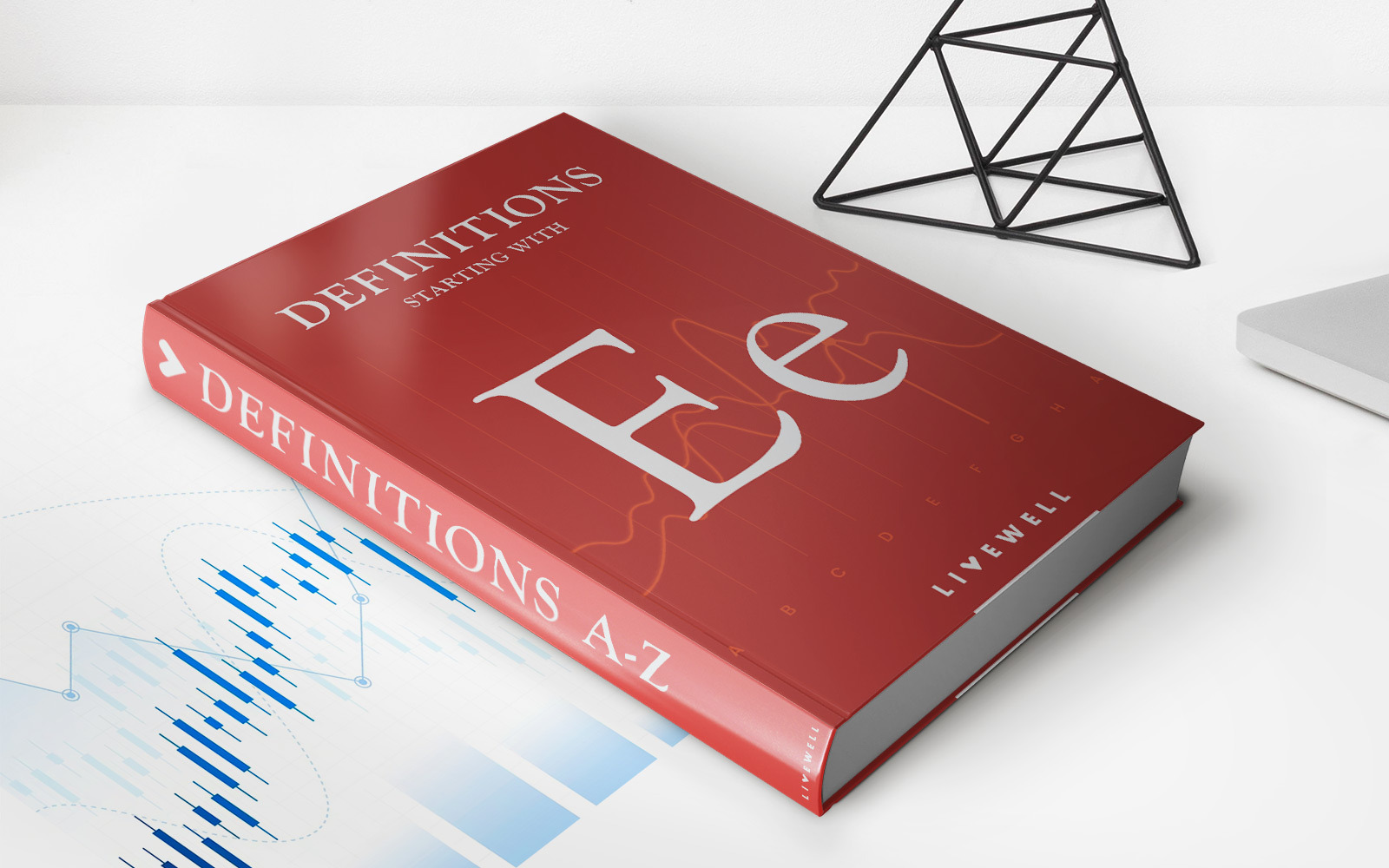Home>Finance>How Much Does Reckless Driving Increase Insurance?


Finance
How Much Does Reckless Driving Increase Insurance?
Published: November 20, 2023
Find out how reckless driving can impact your car insurance rates. Learn about the potential financial consequences and how to avoid them.
(Many of the links in this article redirect to a specific reviewed product. Your purchase of these products through affiliate links helps to generate commission for LiveWell, at no extra cost. Learn more)
Table of Contents
Introduction:
Reckless driving is a serious offense that not only puts lives at risk but can also have a significant impact on your finances. Apart from legal consequences, one of the most immediate and long-lasting effects of reckless driving is the increase in insurance premiums. When insurance companies view you as a high-risk driver, they adjust your rates accordingly to mitigate potential losses.
But just how much does reckless driving increase insurance? Understanding this impact is crucial for anyone who has been involved in reckless driving incidents or wants to avoid them in the future.
This article will delve into the factors that affect insurance rates, how reckless driving specifically influences premiums, and give you an idea of the average increase you can expect. Additionally, we will provide some steps you can take to mitigate the impact of reckless driving on your insurance costs.
So, whether you’re currently dealing with the aftermath of a reckless driving incident or simply want to educate yourself on the subject, read on to gain valuable insights into how reckless driving can impact your insurance coverage and what steps you can take to manage the situation effectively.
What is reckless driving?
Reckless driving refers to the operation of a vehicle in a manner that exhibits willful disregard for the safety of others, including pedestrians, passengers, and other drivers on the road. It involves actions that are considered far beyond normal traffic violations and can include excessive speeding, aggressive maneuvering, distracted driving, running red lights or stop signs, and driving under the influence of drugs or alcohol.
Each state has its own specific definition of reckless driving, but common elements include driving at high speeds, swerving in and out of traffic, tailgating, street racing, and engaging in other dangerous behaviors. Reckless driving is a serious offense and is often classified as a misdemeanor or even a felony, depending on the circumstances and severity of the actions.
Reckless driving not only poses a significant risk to life and property but also has legal implications. If you are caught and convicted of reckless driving, you may face fines, license suspension, mandatory driving courses, community service, probation, and even imprisonment in some cases. Additionally, you will likely experience an increase in your insurance premiums as insurance companies deem you to be a higher risk and adjust your rates accordingly.
It is important to note that reckless driving is a discretionary offense, meaning it is up to the discretion of law enforcement officers to determine whether your actions meet the criteria for reckless driving. This subjectivity can sometimes lead to ambiguity and unfair judgments, which is why it’s critical to drive responsibly and abide by traffic laws to avoid such situations altogether.
Factors that affect insurance rates:
When it comes to determining insurance rates, insurance companies consider several factors to assess the level of risk associated with insuring a particular individual. These factors help insurers estimate the likelihood of a policyholder filing a claim and the potential cost of that claim. While each insurance company may have its own specific formula, the following are some common factors that can influence insurance rates:
- Driving record: Your driving history plays a significant role in determining your insurance rates. A clean driving record with no accidents or traffic violations indicates that you are a low-risk driver, while a history of reckless driving or multiple traffic citations will likely result in higher premiums.
- Age and gender: Younger and inexperienced drivers are generally charged higher insurance rates due to their increased likelihood of being involved in accidents. Gender can also be a factor, as statistical data shows that certain age and gender demographics tend to be riskier drivers.
- Location: Your place of residence can affect your insurance rates. Areas with higher population densities and higher crime rates typically have higher insurance premiums, as the likelihood of accidents or vehicle thefts is greater.
- Vehicle make and model: The type of vehicle you drive can impact your insurance rates. Sports cars and luxury vehicles tend to have higher premiums due to their higher repair and replacement costs, as well as their increased desirability for theft.
- Credit history: In some states, insurance companies consider your credit history when determining rates. A poor credit score may be an indication of financial instability, which insurers associate with a higher likelihood of filing claims.
- Annual mileage: How much you drive in a year can also affect your insurance rates. The more miles you put on your vehicle, the higher the chances of being involved in an accident. If you have a longer commute or frequently take long road trips, your rates may be higher.
It’s important to note that these factors can vary among insurance companies, and different insurers may place different weights on each factor. Understanding how these factors impact your premiums can help you make informed decisions when it comes to choosing a policy and maintaining a favorable insurance rate.
How reckless driving affects insurance premiums:
Reckless driving has a direct impact on insurance premiums, as it is a clear indication to insurance companies that you are a higher risk driver. Insurance providers use various methods to assess risk and determine premiums, one of which is evaluating your driving record.
When you engage in reckless driving behaviors such as excessive speeding, racing, or frequent traffic violations, it sends a signal to insurers that you are more likely to be involved in accidents. Insurance companies factor in this increased risk by adjusting your premiums accordingly.
Typically, the more serious the offense, the greater the impact on your insurance rates. For example, a single instance of reckless driving may result in a moderate increase in premiums, while multiple offenses or a particularly egregious incident, such as causing a serious accident, can result in a significant spike in insurance rates.
Insurance companies analyze your driving record and assign you a risk category based on factors such as the severity and frequency of your reckless driving incidents. If you have a history of reckless driving, insurers may label you as a high-risk driver or even refuse to insure you altogether.
In some cases, insurance providers may decide to cancel your policy or not renew it when it expires if they deem your behavior to be too risky. If you are able to secure coverage with another insurer, you can usually expect substantially higher premiums due to your reckless driving history.
It’s important to note that the increase in insurance premiums due to reckless driving is not a short-term consequence. In most cases, the increase will remain on your policy for at least a few years, as insurance companies consider reckless driving incidents as a reflection of your long-term driving behavior.
It is crucial to practice safe and responsible driving habits to avoid the negative impact on your insurance rates. By obeying traffic laws, respecting speed limits, and keeping your driving record clean, you can maintain lower insurance premiums and ensure the safety of yourself and others on the road.
Average increase in insurance rates due to reckless driving:
The specific increase in insurance rates due to reckless driving varies based on several factors, including the severity of the offense, the frequency of incidents, and the individual insurance company’s policies. While it is challenging to provide an exact figure, it’s important to understand that insurance rates can significantly rise following a reckless driving incident.
On average, insurance premiums can increase by 20% to 50% or more after a reckless driving conviction. However, it’s important to note that this is just an estimate, and rates can vary depending on the state you reside in, your insurance provider, and your driving history prior to the reckless driving incident.
In some cases, a first-time offense may result in a slightly milder increase, especially if your driving record was clean prior to the incident. However, repetitive offenses or more serious incidents can lead to more substantial rate hikes. For example, if reckless driving results in an accident or bodily injury to others, your insurance rates may increase significantly due to the potential liability involved.
Additionally, it’s worth mentioning that the impact of reckless driving on insurance rates is not limited to just the immediate increase after a conviction. Insurance companies generally consider your driving record for a specific number of years, typically three to five, before a reckless driving incident falls off your record and your rates potentially decrease.
It is important to understand that reckless driving is a serious offense that poses risks not only to your safety but also to your financial well-being. The increased insurance rates resulting from reckless driving can put a strain on your budget, making it crucial to drive responsibly to maintain lower premiums and protect your financial stability.
Keep in mind that insurance rates can vary widely, and it’s always a good idea to consult with your insurance provider to get a clear understanding of the potential increase in premiums based on your specific circumstances.
Steps to mitigate the impact of reckless driving on insurance:
While the increase in insurance rates following a reckless driving incident can be significant, there are steps you can take to mitigate the impact and potentially reduce your premiums over time. Here are some strategies you can consider:
- Enroll in a defensive driving course: Taking a defensive driving course demonstrates your commitment to becoming a safer driver. Some insurance companies offer discounts to drivers who complete these courses, which can help offset the increased premiums resulting from reckless driving.
- Improve your driving habits: Focus on driving responsibly and obeying traffic laws. Avoid any further traffic violations and work to build a clean driving record over time. Insurance companies may consider your recent history more heavily when determining your premiums, so consistent safe driving can gradually reduce the impact of a reckless driving incident.
- Shop around for insurance: Different insurance companies have varying policies and rates when it comes to reckless driving incidents. Consider shopping around and obtaining quotes from multiple insurers to find the best possible rate. However, be truthful and disclose your reckless driving history to ensure accurate quotes.
- Consider a usage-based insurance policy: Some insurance providers offer usage-based insurance policies that track your driving behavior through telematics devices installed in your vehicle. If you can demonstrate responsible driving habits over time, this may lead to lower premiums as the insurance company assesses your actual driving behavior rather than relying solely on your driving history.
- Wait for the incident to be removed from your record: Reckless driving incidents typically remain on your driving record for a specific period, depending on the state laws. Once the incident is no longer considered when evaluating your driving history, your insurance rates may decrease gradually. However, it’s important to note that the impact of reckless driving can last for several years, so maintaining a clean driving record is crucial.
It’s essential to remember that the impact of reckless driving on your insurance premiums will not disappear immediately. It will take time and consistent responsible driving to help rebuild your driving reputation and potentially lower your rates. In the meantime, focus on driving safely and avoiding any further violations to mitigate the long-term effect on your insurance premiums.
Consulting with your insurance provider can also provide valuable insights and guidance on steps you can take to minimize the impact of a reckless driving incident on your insurance rates. They can inform you about any specific programs or discounts available, and help you understand the timeline for when the incident may be removed from your record.
Ultimately, it is up to you to take proactive steps to demonstrate your commitment to safe driving and minimize the financial consequences of reckless driving.
Conclusion:
Reckless driving can have far-reaching consequences, not only in terms of legal repercussions but also the impact on your insurance premiums. Insurance companies view reckless driving as a sign of increased risk, resulting in higher rates to mitigate potential losses. Understanding how reckless driving affects insurance and taking steps to mitigate its impact is essential for responsible drivers.
By driving responsibly, adhering to traffic laws, and maintaining a clean driving record, you can avoid reckless driving incidents and the subsequent increase in insurance premiums. Enrolling in a defensive driving course and improving your driving habits can show insurers your commitment to safety, potentially leading to lower rates. It’s also worth shopping around for insurance quotes from multiple providers to find the most affordable options for your situation.
It’s important to note that the effects of reckless driving on insurance premiums are not immediate, and they can last for several years. However, over time, as you demonstrate responsible driving behavior, the impact of the reckless driving incident may diminish. It’s crucial to stay proactive, continue driving safely, and maintain a clean record to work towards lower premiums in the future.
Remember, reckless driving not only puts lives at risk but can also have long-lasting financial implications. Avoiding reckless driving and prioritizing safe driving habits is not only important for your own well-being but also for the well-being of others on the road.
By taking the necessary steps to mitigate the impact of reckless driving on your insurance rates, you can not only protect your finances but also contribute to a safer and more responsible driving culture for everyone.














